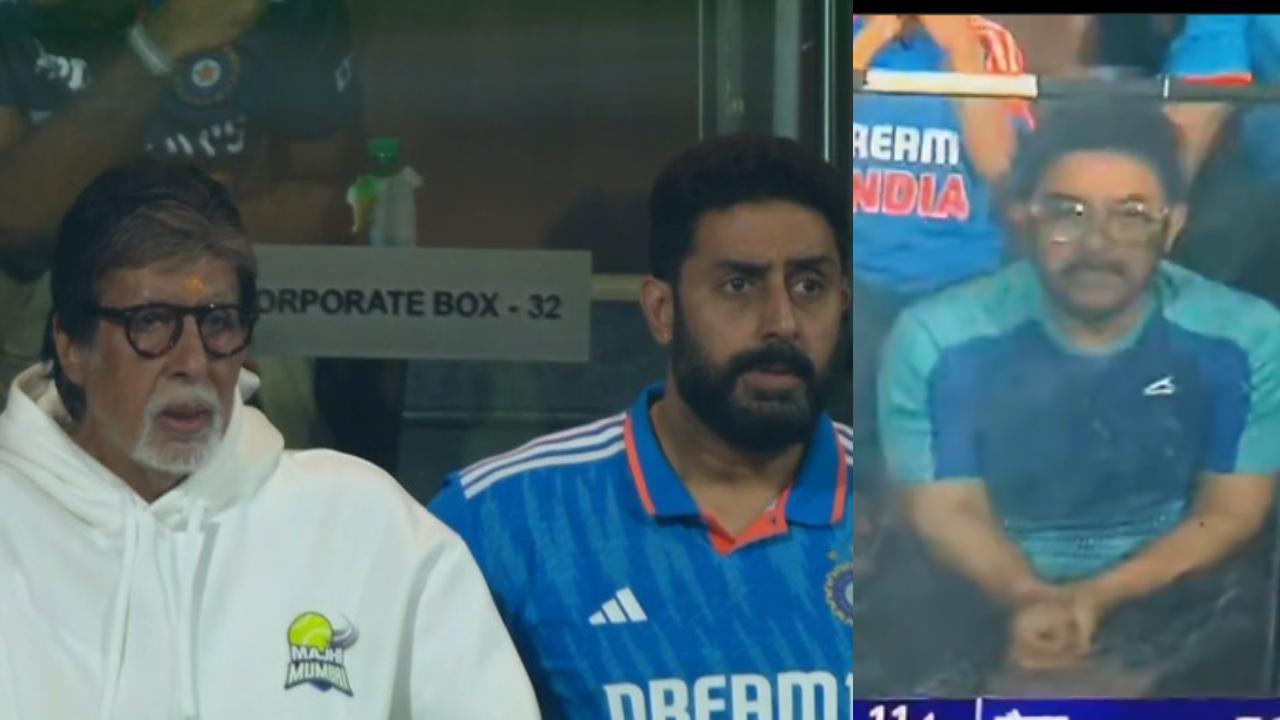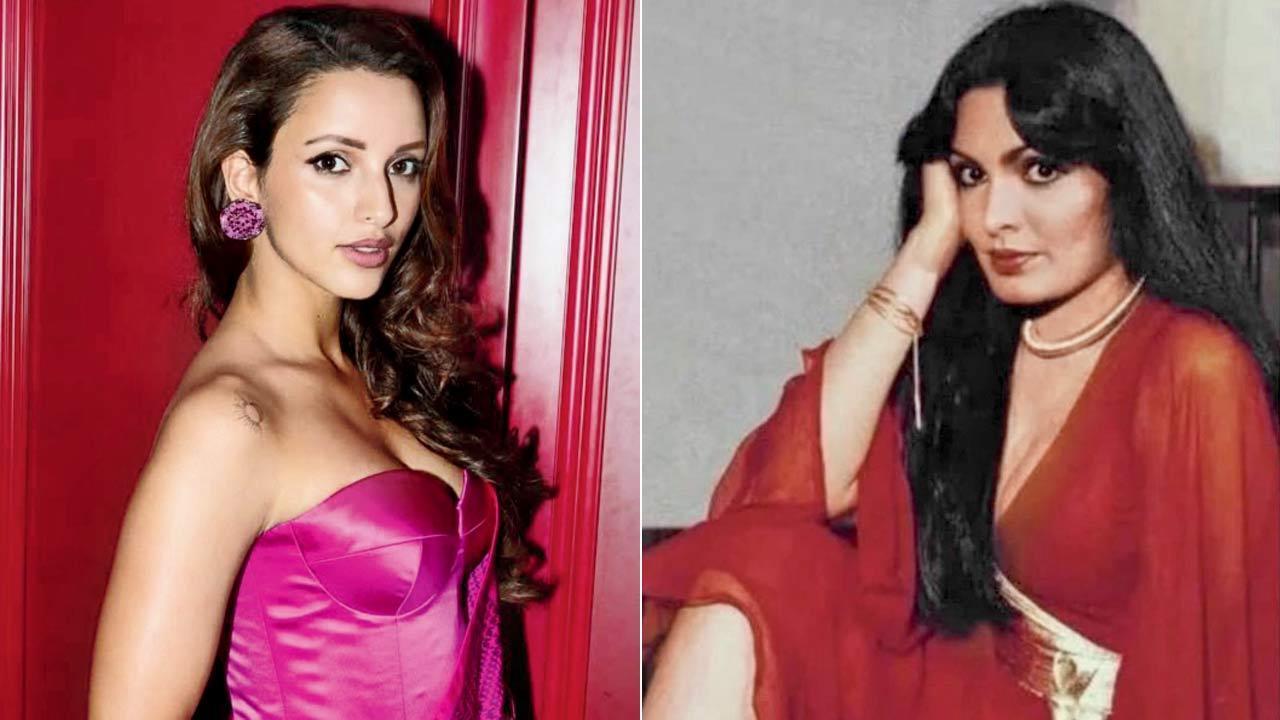
It is nearly impossible to reminisce about the action film genre in Tamil cinema during the ’80s and ’90s without acknowledging Vijayakant, an actor whose presence on the silver screen redefined the very essence of an action hero.
The dawn of the 1990s was a significant period for the Tamil film industry. As the number of films starring superstars Kamal Haasan and Rajinikanth started dwindling, Hollywood action flicks began to rise in popularity among local audiences. It was in this transformative era that Vijayakant made his indelible mark, leading the action genre to new heights.
Vijayakant’s cinematic journey during these decades kicked off with Doorathu Idi Muzhakkam, a notable entry among the early 1980s’ new wave films. The actor took on the mantle of the ‘angry young man’—a persona that Hindi cinema’s Amitabh Bachchan had previously made iconic. Vijayakant’s rendition of this archetype surfaced with his major hit, Sattam Oru Iruttarai, a film that established him as a force to reckon with and solidified SA Chandrasekhar’s directorial reputation.
The subsequent years saw Vijayakant depicting characters that resonated with the common man, often rising against those with power. Sivappu Malli is a prime example, exploring communism and Marxism. In 1984 alone, he astonishingly led 18 films, an achievement that remains unrivalled. Despite his burgeoning popularity in action films, the versatile actor dabbled in other genres throughout the ’80s, including dark comedy with Visu’s Dowry Kalyanam and an adventure into mystery thrillers with Nooravathu Naal, an unofficial adaptation of the Italian Sette note in nero.
Contrary to his usual explosive onscreen persona, Vijayakant showcased his range as the melancholic protagonist in Vaidehi Kathirunthal, a film that offered the timeless hits ‘Rasathi Unnai’ and ‘Azhagu Malaraada’. This period also saw the actor exploring the life of a law enforcer, a role he would become synonymous with in the years to follow.
The ’90s heralded a fresh chapter for Vijayakant, beginning with Pulan Visaranai, where he portrayed the iconic cop, Honest Raj. That same year, he embodied ACP Panneer Selvam in Chatriyan, a Mani Ratnam penned narrative etched in the annals of Tamil cinema with epic comeback sequences and training montages. Vijayakant’s 100th film, Captain Prabhakaran, not only was a massive success but also garnished him with the title ‘Captain’, reflecting his venerable stature among his fans.
His implausible stunts, including perfect back and scissor kicks, were not mere acts of on-screen bravado but extensions of his passion for football during his youth. One need only glance at a clip from Sethupathi IPS shared by AVM’s Aruna Guhan showcasing a risky action sequence atop a moving car to realize his dedication to performing his own stunts.
It was perhaps in the ‘90s that Vijayakant’s influence on Tamil cinema crystallized. Through works penned and dialogued by Liaquat Ali Khan and Ibrahim Rowther, the actor solidified his legacy as a paragon of the action genre. But his talents weren’t limited to high-octane roles; he also garnered acclaim in dramas like Kaviya Thalaivan and embraced the rural avatar in Chinna Gounder, a role so impactful that superstar Rajinikanth adopted a similar role the following year.
As the millennium turned, so did Vijayakant’s focus. Vaanathai Pola in 2000 won the National Film Award for Best Popular Film Providing Wholesome Entertainment, demonstrating his multifaceted capabilities as an actor. The ensuing decade saw him perfect his portrayal of authority figures in movies like Vallarasu and explore his rural roots again with Chokka Thangam and Thavasi, showing a willingness to reinvent and adapt with age.
Off-screen, the actor’s generosity extended within the industry and beyond, forever etched in memories for his efforts to revive the Nadigar Sangam. Additionally, his collaborations with S.A. Chandrasekhar and willingness to nurture new talent, such as enabling a substantial role for comedian Vadivelu, emphasized his magnanimity.
Vijayakant’s storied career, a blend of success and innovation, made him a unique monolith in an industry dominated by stalwarts like Rajinikanth and Kamal Haasan. His commitment to Tamil cinema and avoidance of cross-language acting ventures reflect a loyalty revered by fans. In over three decades, Vijayakant became not only an onscreen hero but also a benefactor behind the scenes, crafting a legacy that evokes the stirring words of Walt Whitman— “O Captain! my Captain! our fearful trip is done!” The void left by his absence is profound, and his impact on Tamil cinema, immeasurable.










